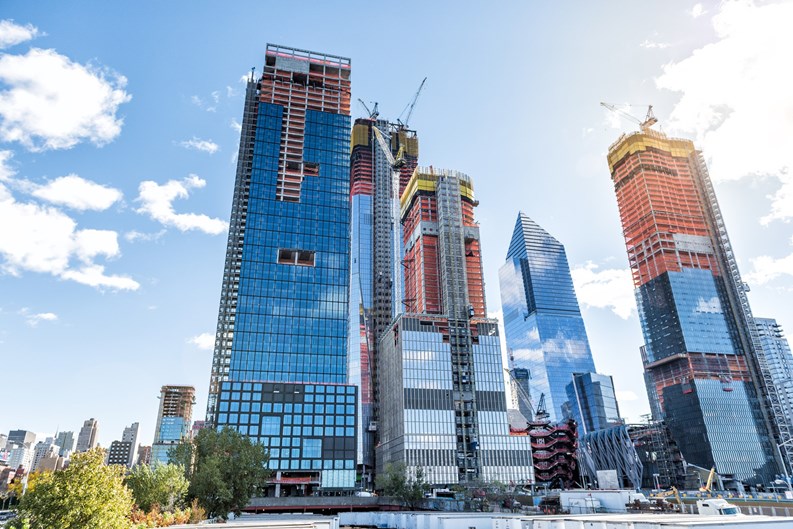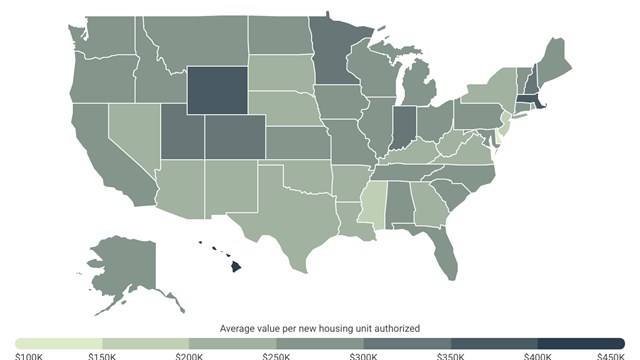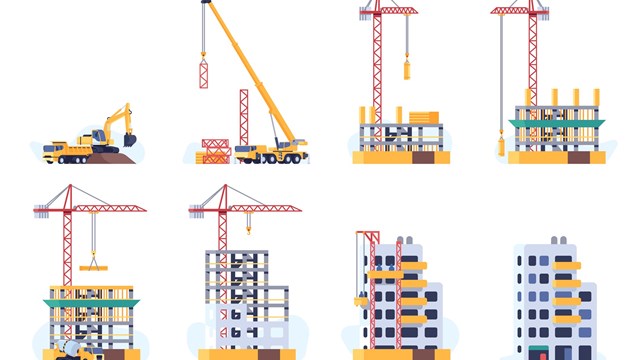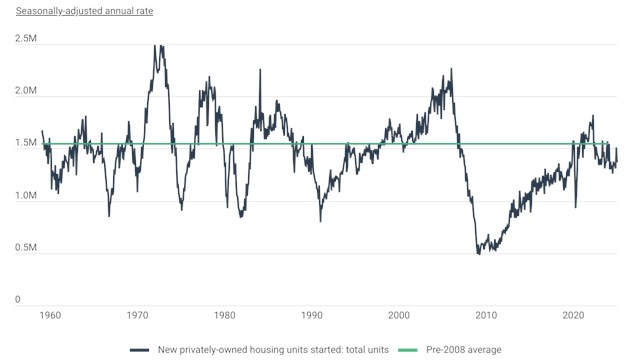Last week, the New York State Senate did not take up renewal or replacement of the 421a tax abatement that is set to expire on June 15, 2022, leaving the fate of the program—and new residential building in the city—in limbo.
Currently known as the Affordable New York Program, 421a was put in place in the early 1970s to incentivize developers to build new housing at a time when New York real estate development was not the bankable proposition it is today. Over the years, the program has gone through several iterations, renewals, and revisions—most recently in 2017 after a previous lapse in the program, when then-Governor Andrew Cuomo reinstated it as Affordable New York with a lower income requirement for eligibility, a higher wage requirement for construction workers on eligible projects, and an increase in the tax incentive period for developers.
The five-year duration of the program ends next week, effectively putting a freeze on any new development breaking ground after the June 15 expiration.
Attorney Daniel Bernstein, member and leader of the Tax Incentives & Affordable Housing Department of Manhattan-based real estate law firm Rosenberg & Estis, tells CooperatorNews that he doesn’t expect the limbo to last long.
“What’s going to happen,” he says, “is developers won’t get started on buildings after June 15, because they will not know what the requirements of a future program will be. We saw this in 2016 and in the first few months of 2017. So now I think we’ll see the same thing.” In the absence of new development, the governing bodies will come to realize that something definitive needs to happen legislatively; Bernstein is optimistic that it will.
“I hope at the end of the day, reasonable people will come together and say that there is a path forward for a program that gives some public benefits, affordable housing, certain wage requirements—that makes it attractive to the government to incentivize certain types of development,” says Bernstein, who goes on to add that “It also gives an incentive to developers to do something other than condos. Because the city needs more housing - more affordable housing, more housing without income limits, more housing of all sorts. So 421a is one of the biggest and best tools to accomplish that, and if there’s an economically viable replacement program, I think the real estate community will respond. And if there isn’t, they’ll respond by sitting things out until there is a path forward.”
Projects currently under construction and in the program have until June 15, 2026 to be completed, Bernstein says, so “there’s a pipeline of projects that will have to get built. Developers will be busy building them.”










Leave a Comment